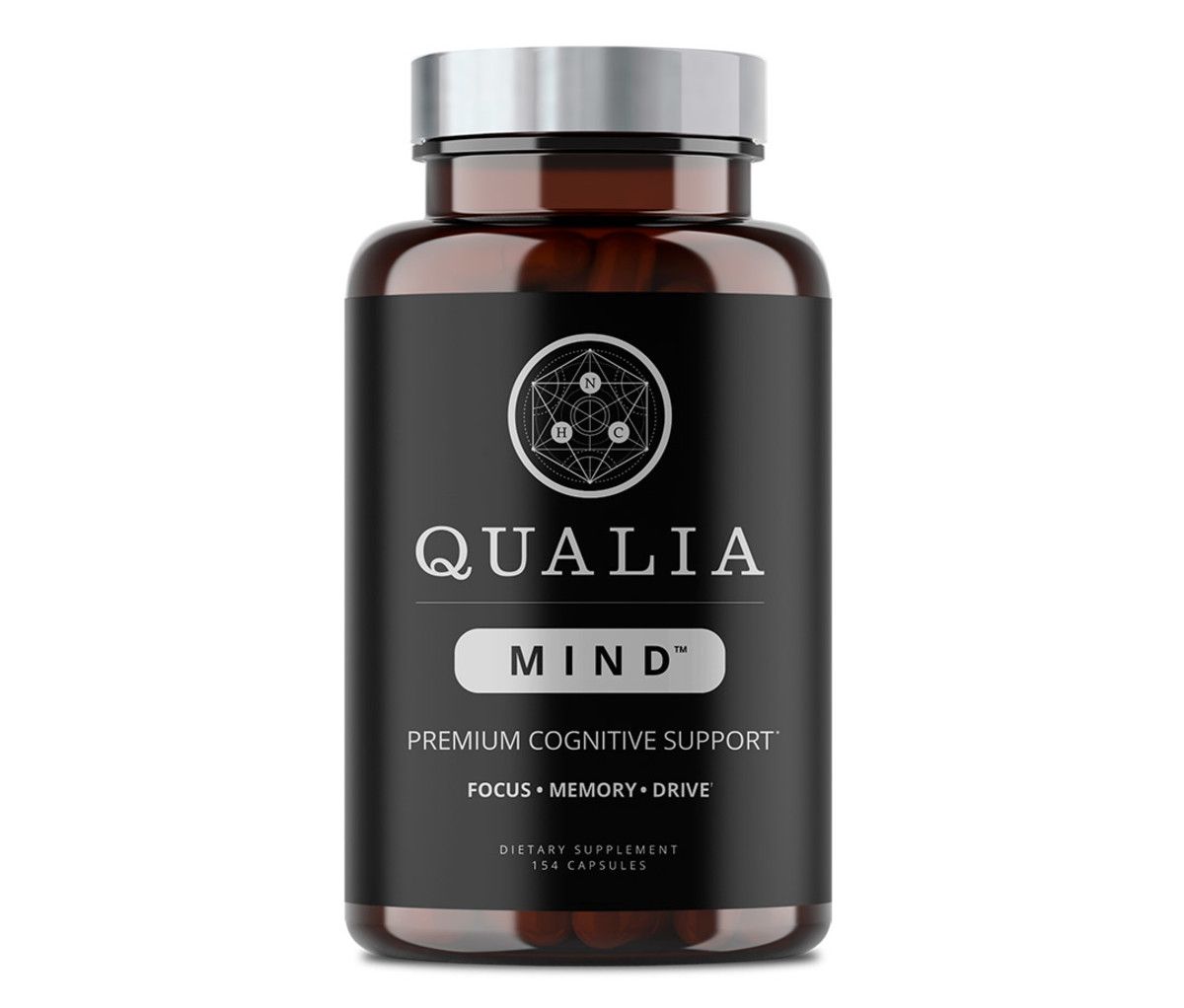In the world of competitive sports and athletics, athletes are constantly seeking ways to enhance their performance and gain a competitive edge. One area that garners a lot of attention is the use of supplements. With an overwhelming number of products claiming to improve strength, endurance, and overall athletic performance, it can be challenging to distinguish what really works from what doesn’t. In this article, we will delve into the world of supplements for athletes and provide insights into the ones that have shown effectiveness, as well as those that fall short.
The Science Behind Supplements
Before we dive into specific supplements, it’s important to understand the science behind them. Supplements are designed to augment an athlete’s diet and provide necessary nutrients that may be lacking. They aim to optimize athletic performance, enhance recovery, and reduce the risk of injury. However, it’s crucial to note that no supplement can replace a well-balanced diet and proper training regime. Supplements should be viewed as aids rather than shortcuts or replacements for hard work.
Proven Effective Supplements
There are several supplements that have consistently shown efficacy in improving athletic performance:
1. Creatine
Creatine is a popular choice among athletes due to its ability to increase ATP production, resulting in improved power and strength. It has been extensively researched and proven effective in enhancing high-intensity, short-duration activities. However, its benefits may vary among individuals, and proper dosage and timing are essential.
2. Protein Powder
Protein is the building block of muscle, and athletes often require higher amounts to support muscle repair and growth. Protein powder, especially whey protein, is a convenient and easily digestible source of high-quality protein. It aids in muscle recovery and adaptation following intense training sessions.
3. Beta-Alanine
Beta-alanine is an amino acid that helps increase carnosine levels in muscles. Higher carnosine levels delay the onset of muscle fatigue, allowing athletes to train at higher intensities for longer durations. It has been shown to benefit activities requiring high resistance to fatigue, such as sprinting and weightlifting.
Supplements with Limited Evidence
While some supplements have demonstrated positive effects, others have limited scientific evidence to support their claims:
1. Branched-Chain Amino Acids (BCAAs)
BCAAs, specifically leucine, isoleucine, and valine, are often marketed to enhance muscle growth, reduce muscle soreness, and aid in recovery. However, research on their efficacy remains inconclusive, with some studies showing benefits while others show no significant impact.
2. Nitric Oxide Boosters
Nitric oxide boosters claim to increase blood flow, improve endurance, and enhance performance. While some athletes report positive results, scientific evidence is lacking and inconsistent. The benefits may be attributed more to a placebo effect rather than the actual supplement itself.
3. Testosterone Boosters
Testosterone boosters are often marketed to athletes looking to increase muscle mass and strength. However, their effectiveness is highly debated, and their use may come with potential risks and side effects. It is recommended to consult a healthcare professional before considering such supplements.
The Importance of Safety and Regulation
It’s crucial for athletes to prioritize safety and be aware of the potential risks associated with supplement use. The supplement industry lacks strict regulation, leading to potential issues with product quality and inaccurate labeling. Athletes should opt for trusted brands that undergo third-party testing to ensure product safety and quality.
Conclusion
Supplements can be valuable additions to an athlete’s training regimen when used properly and in conjunction with a balanced diet. Creatine, protein powder, and beta-alanine have shown promising results in improving athletic performance, while BCAAs, nitric oxide boosters, and testosterone boosters have limited scientific evidence. As with any dietary decision, it is essential to consult with healthcare professionals to make informed choices. Ultimately, athletes should focus on comprehensive training, nutrition, and recovery strategies to optimize their performance on the field or court.
